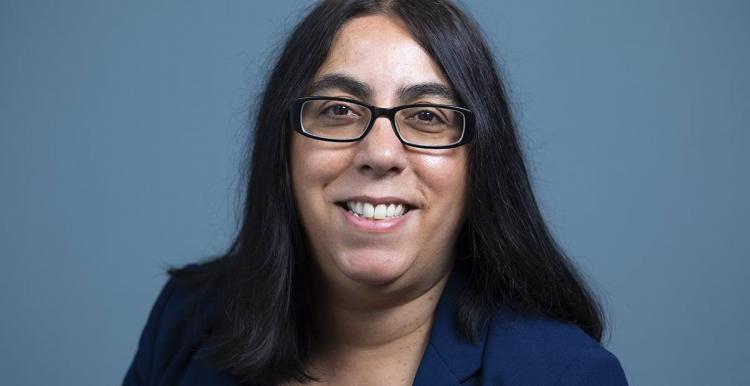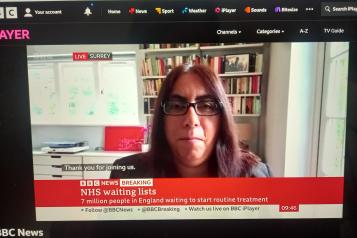NHS waits: Healthwatch response on BBC radio 4

Today, BBC News published their figures showing that long NHS waiting times appear to be pushing people into paying thousands of pounds for private treatment.
There were 69,000 self-funded treatments in the UK in the final three months of last year which is a 39% rise on the same period pre-pandemic.
Experts said it was a "sign of how desperate people had become".
The BBC has seen evidence of people taking out loans and resorting to crowdfunding to pay for private treatment.
The BBC report that numbers paying for care topped 250,000 last year.
In response to the news, our national director Louise Ansari was interviewed on Today programme at 6:53am.
Radio 4 - Listen Live - BBC Sounds - from 53 minutes into the programme.
"We know that some people who would previously have gone down an NHS pathway have already had treatment privately during the pandemic, and almost one in seven of those on waiting lists say they can afford to go private and are considering it. Yet for more than two thirds of people going private simply isn’t an option, and with the rising cost of living crisis, the gap between these groups is only likely to grow.
Our evidence also shows that people on the lowest incomes are the most likely to wait the longest for NHS treatment and will have a more negative experience of waiting. In turn, this leads to a worse impact on their physical health, mental health and their ability to work and care for loved ones.
Tackling the NHS backlog is a huge challenge but decision makers must find a way to do so without exacerbating health inequalities, the extent of which has been laid bare by the pandemic.”We know that some people who would previously have gone down an NHS pathway have already had treatment privately during the pandemic, and almost one in seven of those on waiting lists say they can afford to go private and are considering it. Yet for more than two thirds of people going private simply isn’t an option, and with the rising cost of living crisis, the gap between these groups is only likely to grow.
Our evidence also shows that people on the lowest incomes are the most likely to wait the longest for NHS treatment and will have a more negative experience of waiting. In turn, this leads to a worse impact on their physical health, mental health and their ability to work and care for loved ones"
- Healhwatch England


